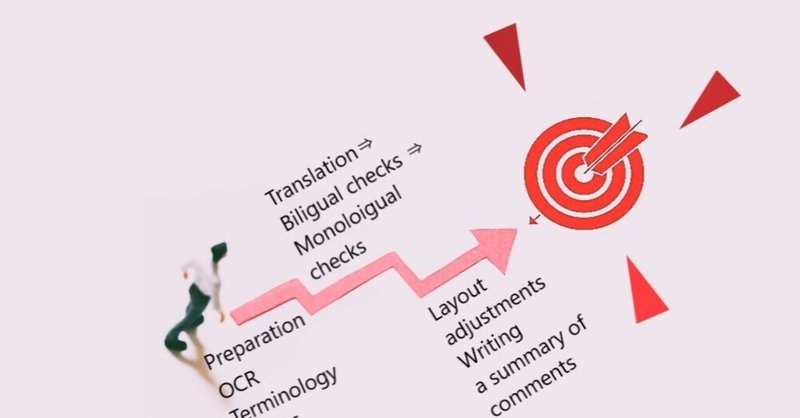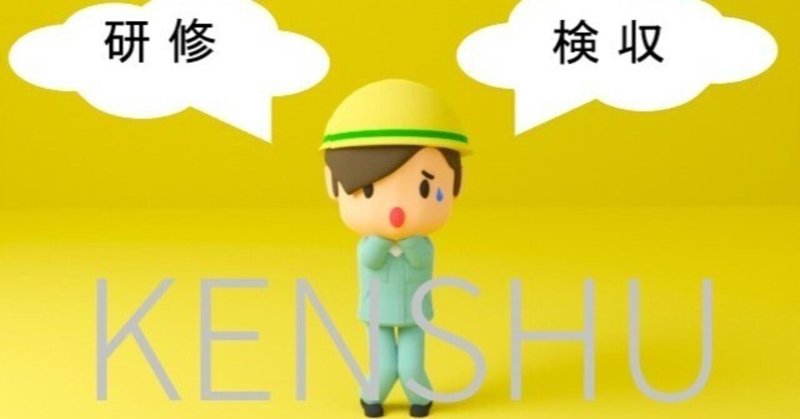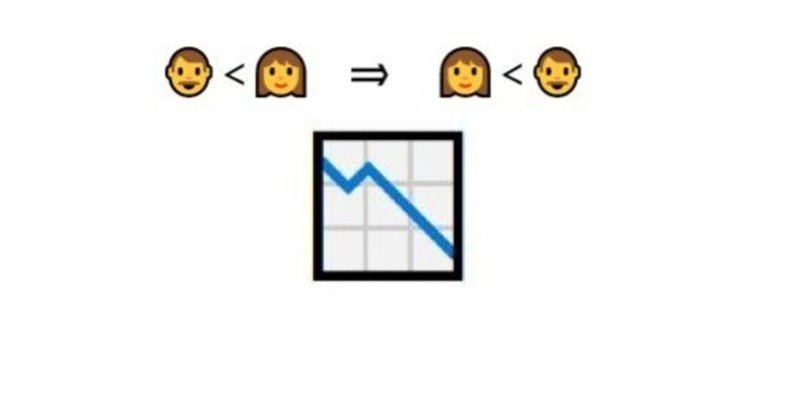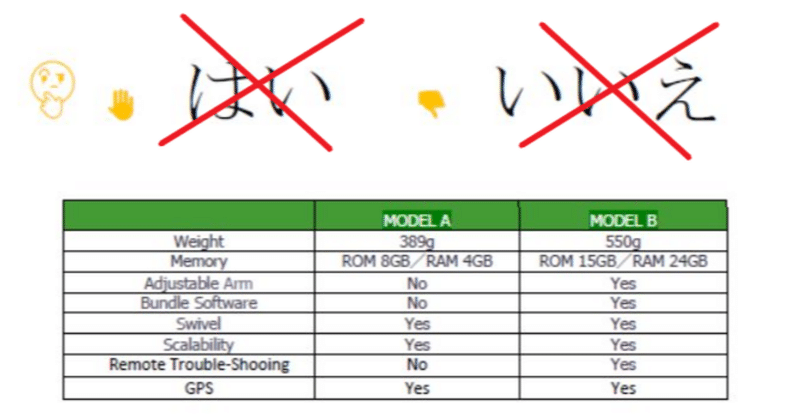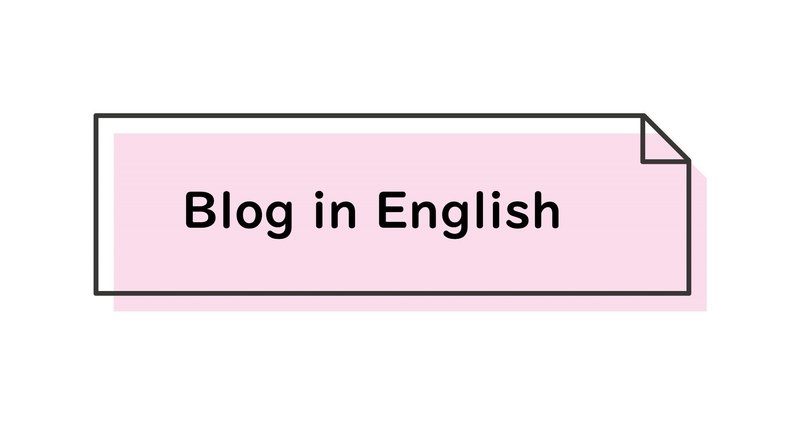
- 運営しているクリエイター
#translationservicearai

Lady Murasaki Speaking Mandarin and the Language of the Wild East
As a literary enthusiast, I’m somewhat hooked by this year’s Taiga drama by NHK 📺, “Hikaru no Kimi he (#光の君へ / Dear Radiance)” featuring Murasaki Shikbu (紫式部). She wrote the Tale of Genji (源氏物語, Genji Monogatari), the epic 11th-century roma

Happy World Book Day for All Those Supporting the World of Books!
On this World Book Day, let me shed a little light on the copyediting profession. Surely you have heard about “Between You and Me: Confessions of a Comma Queen” (by Mary Norris), which was the New York Times bestseller a couple years ago? H


